Dr. Seth Lederman, CEO, Tonix Pharmaceuticals: Developing Novel Therapies Across a Range of Diseases
By Rob Dillard - Last Updated: April 27, 2023Tonix Pharmaceuticals is focused of developing novel therapies to both treat and prevent central nervous system disorders, immunology conditions, infectious diseases, and rare disease. DocWire News spoke with Seth Lederman, MD, Co-Founder & CEO of Tonix, who spoke to us about the company and their armamentarium.
DocWire News: Tonix is innovating therapeutics across a range of diseases and conditions, including immunology, rare diseases, infectious disease, rare diseases, and central nervous system disorders. Which treatments are the most exciting?
Dr. Seth Lederman: Well, thank you. That’s like asking which of my children I like the most. We have a philosophy in the company that we don’t really bring a project in unless we love it. There’s so many things to work on and we’re relatively unique that we have a development and regulatory and testing engine at Tonix, that we pick from a huge array of different projects to take on. About half of our programs are brought in from the outside, and about half of them have come from purely internal work. But I like them all. They’re at different stages of development and they all are directed toward unmet needs and things where we believe we have an edge. So I think in each of the areas we think that we’re going to be best in class. But, I love them all.
How does targeting the CD40-ligand impact the function of the human immune system in organ transplantation and autoimmune diseases?
Yeah. Thank you, Rob. There’s a big need for more specific medicines to promote tolerance in organ transplantation. So the holy grail in organ transplantation is tolerance, meaning that the organ will be accepted, but the host will also be able to mount normal immune responses against other pathogens. I was an immunologist for 20 years at Columbia Medical School as a tenure professor at Department of Medicine and ran basic research labs. I’ve been working on this for many years. Now, I said the holy grail, it’s very unlikely that any one or two drugs short term are going to yield tolerance, but that’s the goal. So I’ve been working to that end to for more than 25 years.
Now, we believe that tolerance can be achieved because of pregnancy. Pregnancy is an unbelievable example of the body’s engineering where a pregnant mother tolerates the fetus, which should by all rights be strongly rejected because half of the MHC molecules, the transplantation antigens on the fetus, are from the father. So what’s normally a strongly immunogenic thing that should be rejected is not only tolerated but a pregnant woman can make effective responses to pathogens and recover from colds and pneumonia and COVID and a lot of other things. So, we all believe it can happen and we are all trying to find medicines that can make it happen.
I’ve been fortunate to be working in the area of CD40 ligand for 25 years and we believe this is close, I believe the closest, that people have gotten to a drug that can induce tolerance. So we’re working on it now. We have a third generation anti-CD40 ligand antibody, and we’re working principally with Harvard Medical School, Massachusetts General Hospital. And we have some really encouraging data, some of which has been presented in our investor deck and other data we expect to present over time, including at the American Transplantation Conference coming up in June.
You have a long history with CD40-ligand. Your discovered and characterized the CD40 ligand, made the first anti-CD40-ligand monoclonal antibody and brought it to clinical trials more than 20 years ago. How does that affect your development now?
Thank you. The cycle times for these drugs, the product development cycle for a drug is long and for a therapeutic target is even longer. So in this case, it’s really taken three generations of targeted therapeutics to get to what I think is the group that really has figured out how to get results. As you mentioned, I was at Columbia University as an assistant professor. My lab, we discovered the CD40 ligand, made an antibody, partnered with Biogen. It was really the dawn of the monoclonal antibody era. This was really, one of the first humanized antibodies in development. And we got really great results in terms of efficacy, but the development was halted because of an increased risk of thrombosis. Thrombosis means blood clotting. It was not foreseen from the animal data and other things, it was somewhat unexpected. And it didn’t happen that often. So it was pretty hard to figure out the basis of the side effect.
That led to the second generation monoclonal antibodies, which by and large, either eliminated a portion of the antibody called the FC or crystallized fragment. Another group mutated it and another group made it so that it couldn’t have a sugar molecule on it. And so there was a lot of hints that if you know, eliminated or weakened this FC portion of the antibody, you could drastically reduce, if not remove, the risk of increased thrombosis. And now we’re in the third generation where we’ve added back some of the FC functionality, but we believe have continued to have a drastically reduced risk of thrombosis.
How has TNX-1500 been re-engineered from the earlier generations of anti-CD40-ligand monoclonal antibodies?
Yeah, thanks. The original ones were IgG1. IgG is the isotype and then one, two, three, four is the subtype. So IgG1s were the original antibodies and they were the ones that were associated with the increased risk of thrombosis. So we, and actually other people, have systematically made changes in the FC region and yielded antibodies that have reduced risk. We are moving forward with a modified IgG4 monoclonal antibody, but that’s not the only path to reduce the risk. The risk really seems to be associated when the FC region of these antibodies binds to a receptor called Fc gamma RIIA. So, once we had a good screening tool to make modifications that we could measure against binding for Fc gamma RIIA it became, well to some extent clear, another extent took a lot of art and experimentation, to find one that would have the right qualities.
Tonix’s third generation anti-CD40-ligand monoclonal antibody TNX-1500 has improvements over the first and second generation anti-CD40-ligand antibodies. Which indications are Tonix targeting with TNX-1500?
But we see it as a progression that the first group of indications we’re targeting is around solid organ transplantation, and that would be kidney transplant, heart transplant. Those are the first areas we’re working in, but this clearly extends to liver transplant and other things, and there really is a very big need for more specific immunosuppression. Now there’s always been a big need for it, the existing medicines have side effects and it’s really a trade off. But one of the things that’s really decimated the transplant community has been COVID. And COVID teaches that we need to very specifically try to induce tolerance as opposed to immunosuppression. Because if you immunosuppress people, it looks like they’re going to have a very tough time with COVID. And as I’m sure you know, both of our companies are based in New Jersey, there is COVID everywhere now and there doesn’t seem to be any respite from it.
We just got over Omicron, then we were hit with BA.2 and now BA.4 And BA.5 are in South Africa, headed our way. So it doesn’t even look like this is going to be seasonal. It looks like this is going to be overlapping almost continuous waves of new variants of COVID until we get a better handle on it. And this has been really devastating for the transplant community. So we’re we’re right at a point where before COVID we’d really gotten to great survivability organ preservation of both rejection free graft acceptance, but also graft function and now COVID’s thrown a real wrench in all this. So there’s an urgency in developing better transplant medicines like never before in the 25 years that I’ve been working in this area.
So, I think it’s timely that we’re out there. We’re getting a lot of very interesting data in organ transplant, some is in our investor presentation but more will be forthcoming soon so that we think that this could be a very interesting time and a needed addition to the armamentarium.
Tonix’s third generation anti-CD40-ligand monoclonal antibody TNX-1500 has improvements over the first and second generation anti-CD40-ligand antibodies. Which indications are Tonix targeting with TNX-1500?
Yeah. We’re delighted. We’re working with two professors there. There’s Professor Richard Pearson, who’s a heart transplant surgeon. And Professor Tatsuo Kauai, who’s a kidney transplant surgeon. Now they do other organs. I mean, Pearson does hearts and lungs, heart lung combined, everything. And then Kauai does a number of other things, mostly abdominal transplants. But they’re mostly known for heart and kidney, that’s where our collaboration has started. Now, these are also two leaders in transplant surgery, both for a number of reasons, but the immunology of it, inducing long term tolerance, graft acceptance, and some of the tools that they’ve developed that are in use today.
So they’re mostly working in non-human primates right now, which are a very established model and comparing what the effects of our new antibody with some of the historical effects of other agents and also head-to-head comparisons. And some of that information is in our investor presentation already.
What are the next clinical milestones in researching TNX-1500 for the treatment of transplant organ rejection and autoimmune disorders?
We’ve guided that we expect to be in phase one trials before the end of this year. And we think because the characteristics of our product specifically, but also because the characteristics of monoclonal antibodies, that there can be a very short wait between phase one and phase two. Monoclonal antibodies are very specific for their target, generally speaking. So, if as expected we get the profile that we’re projecting from the monkey work, we get the same thing in human, we could be in human transplant studies very quickly after that. So things are moving very quickly. I say one of the things is transplant is the first indication we’re working on, but after that we think that there’s a lot of applications in areas like treating autoimmune disease.

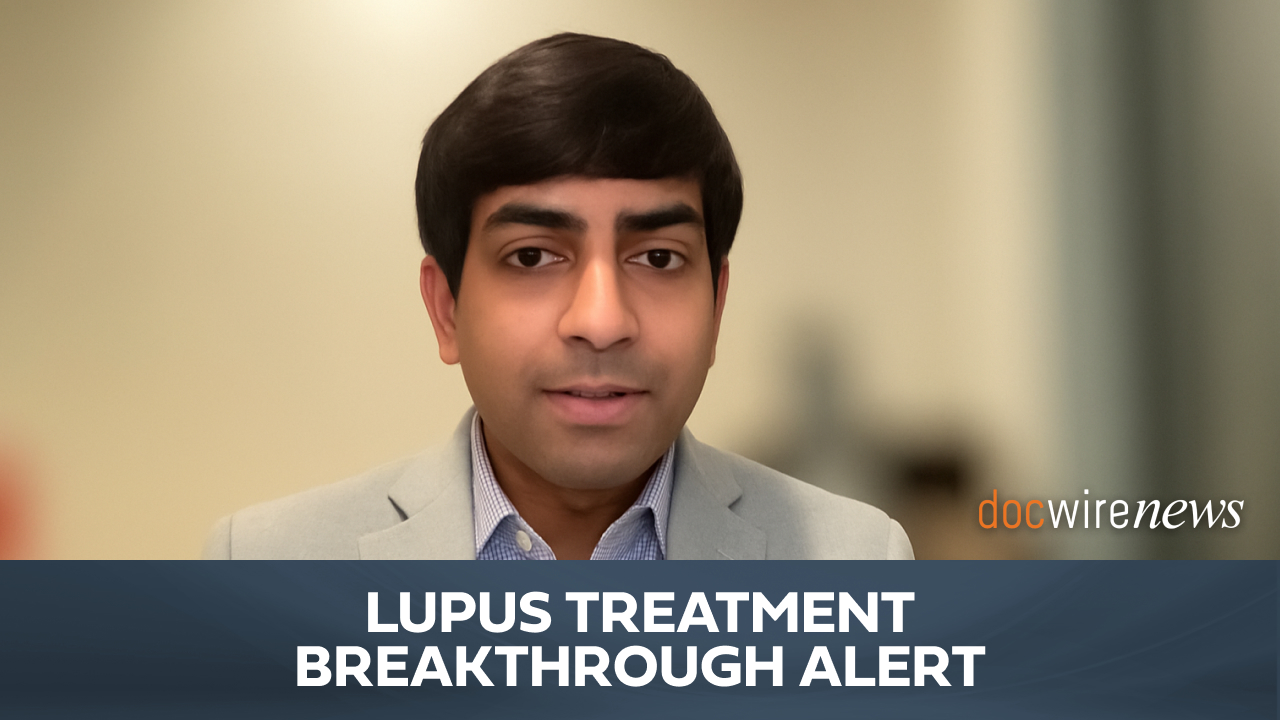
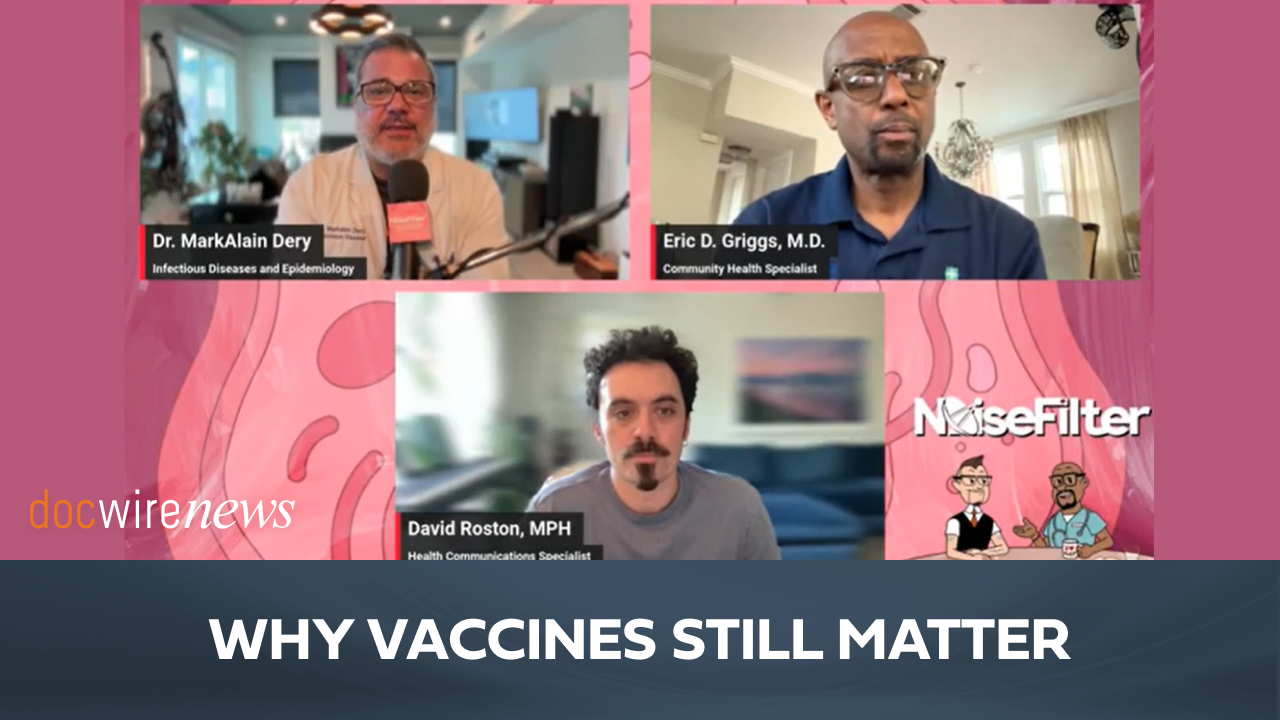
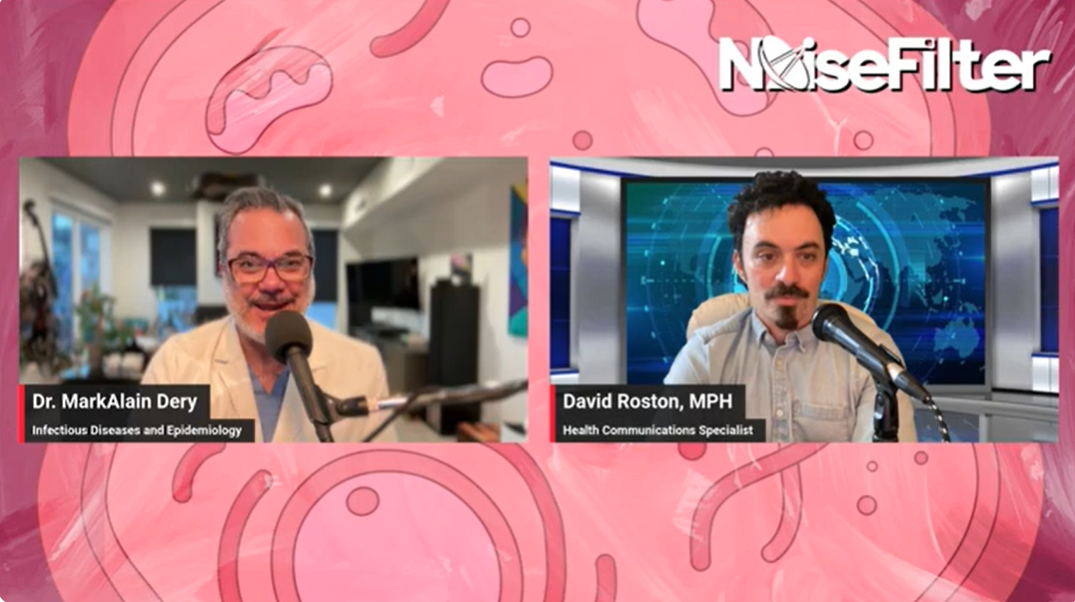
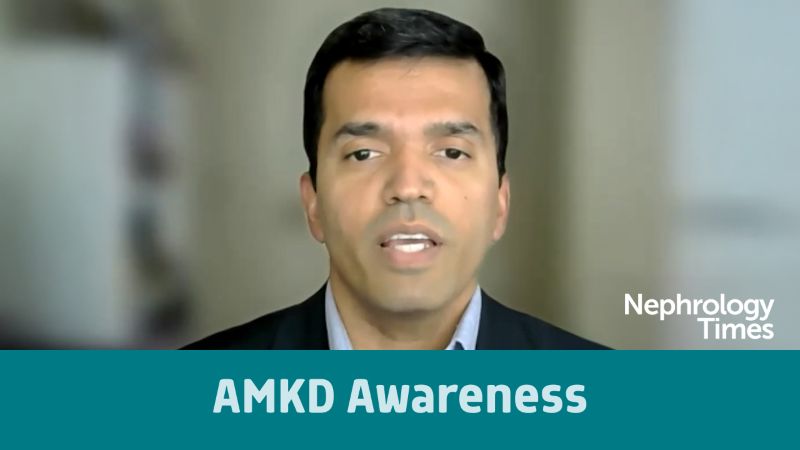
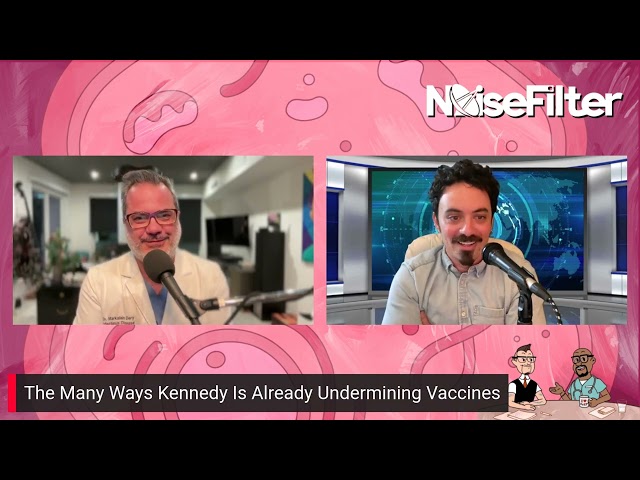

 © 2025 Mashup Media, LLC, a Formedics Property. All Rights Reserved.
© 2025 Mashup Media, LLC, a Formedics Property. All Rights Reserved.